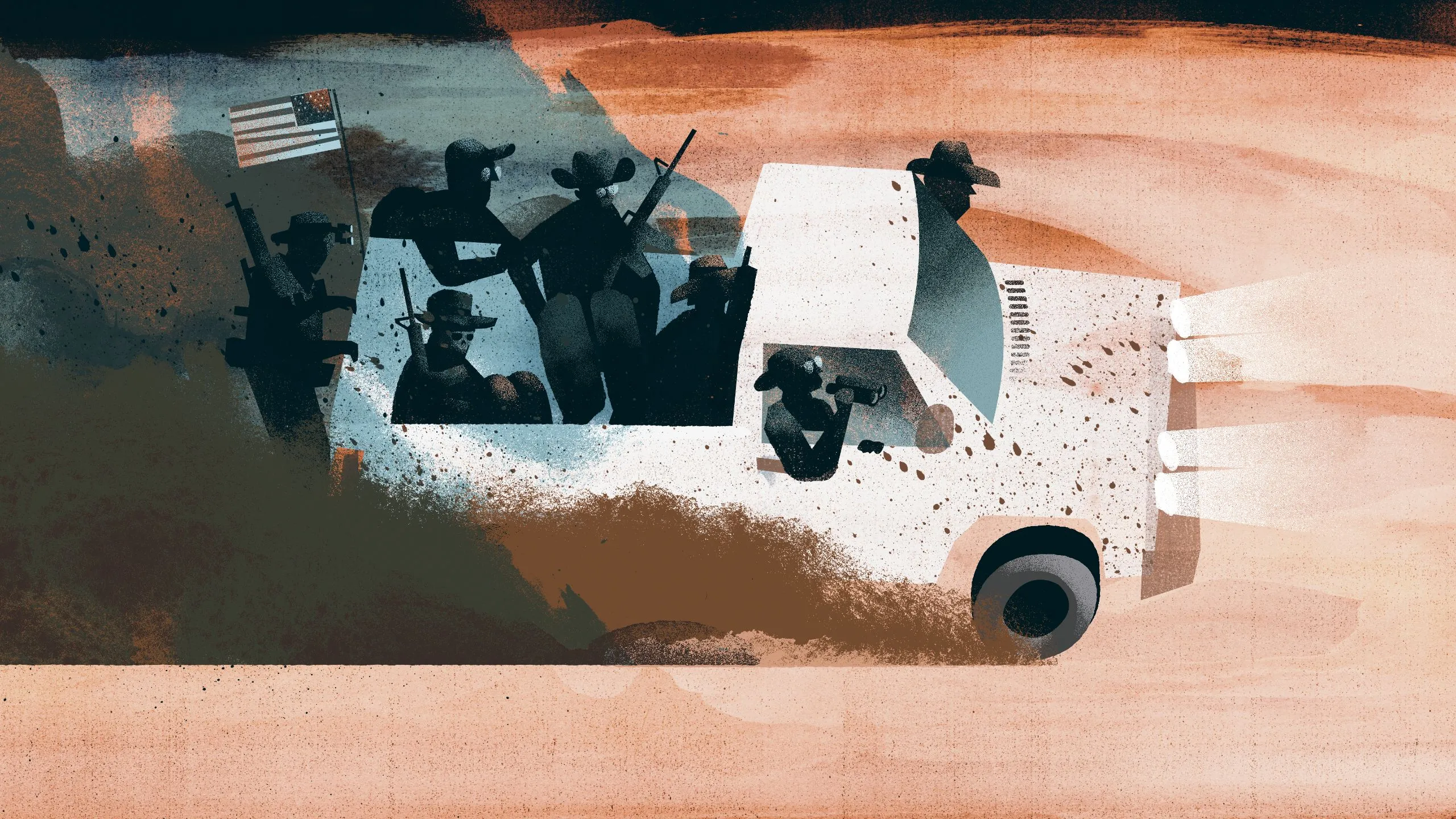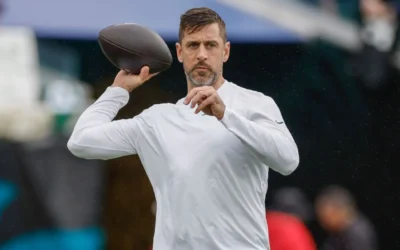The Rise of Civilian Forces Supporting Trump’s Immigration Agenda
In the contentious landscape of American immigration policy, a new wave of activism has emerged that is both striking and alarming. This movement consists of private citizens eager to support the controversial deportation initiatives championed by former President Donald Trump. They embody a radical shift in the enforcement of immigration laws, representing both a hope and a point of concern for many across the nation.
The Vision of Trump’s Deportation Strategy
Former President Trump is often credited with transforming the immigration debate in the United States. His policies, characterized by a hardline approach, aimed at curtailing illegal immigration and bolstering border security, have left a lasting mark on the nation’s immigration laws. However, as his administration’s tenure drew to a close, the question became: who would continue his legacy?
Out of this void, a group of private citizens has emerged, eager to assist in the enforcement of immigration laws. These individuals, often aligning themselves with Trump’s ideals, have banded together with a mentality reminiscent of volunteer militias of the past; they view themselves as patriots trying to safeguard the American way of life.
A New Kind of Patriotism
Across various forums and grassroots movements, these individuals have organized themselves into groups that patrol the southern border, monitor migrant crossings, and even engage with federal authorities. Some call themselves “border patrol volunteers” or “citizen militias,” while others label their efforts as community service. Regardless of the name, their goals are clear: to reduce the number of people crossing the border illegally and to support deportation efforts.
Proponents of these civilian efforts argue that they fill a gap left by what they perceive as an ineffective federal immigration system. Local citizens believe they can have a more immediate impact on their communities compared to federal officers, who may be tied down by bureaucratic processes or the political climate of the times.
The Techniques and Tactics
These groups employ a variety of techniques to carry out their agenda. Many have taken part in surveillance, documenting migration patterns and collaborating with law enforcement to detain undocumented immigrants. These efforts are often conducted under the guise of voluntary service, channeling a sense of civic duty and responsibility.
Some groups have adopted a paramilitary style of operation, complete with uniforms and tactical gear, raising concerns among critics who claim these actions can foster an atmosphere of hostility toward migrants. Others choose a less combative approach, focusing on community outreach or educational initiatives aimed at local populations.
Local Reactions: A Divided Landscape
The responses from communities along the southern border are mixed. In some cases, local residents express gratitude for the presence of these groups, viewing them as allies in enhancing community safety and security. Many supporters believe that these citizens are bravely standing up for the rule of law, insisting on enforcement where they believe federal authorities have failed.
Conversely, many immigrants and advocates for immigrant rights view these civilian patrols as a dangerous escalation of vigilantism. They argue that the presence of armed citizens creates a climate of fear and aggression, making it more challenging for vulnerable populations seeking safety and refuge. Reports of intimidation and harassment have surfaced, leading to calls for oversight and regulation of these civilian volunteers.
The National Implications
The implications of this civilian involvement in immigration enforcement extend far beyond the southern border. As Trump’s legacy continues to resonate with significant segments of the American population, the rise of private militia-like groups may create a new paradigm for law enforcement across the nation. Observers worry that armed civilian patrols may become the norm rather than an anomaly.
This dynamic also complicates the national discourse surrounding immigration policy. With citizens taking law enforcement into their own hands, the conversations about comprehensive immigration reform become muddled. Political leaders and policymakers face significant hurdles in addressing immigration issues when citizens at the grassroots level actively undermine proposed reforms.
Concerns Over Accountability and Regulation
Who is responsible for overseeing these civilian efforts? Currently, there is little to no formal regulation governing the actions of these groups, raising questions about accountability. Local law enforcement agencies sometimes find themselves in a position of complex cooperation, managing their relations with both these civilian groups and federal immigration officers.
Furthermore, the potential for abuse of power and civil rights violations presents profound legal challenges. If a civilian detains an undocumented immigrant, does that not violate fundamental due process rights? As these citizen patrols expand, advocates warn of the potential for systemic racism, as the individuals often targeted may disproportionately come from marginalized communities.
The Trump Factor
What remains at the center of this grassroots movement is a deep-seated loyalty to Trump and his vision for America. For many of these civilian volunteers, their efforts are not only about immigration but also about upholding what they perceive as traditional American values against a backdrop of change. This loyalty adds an element of fervor to their efforts, further complicating the landscape of American immigration policy.
As Trump’s influence remains strong through rallies, endorsements, and social media, these civilian groups are likely to gain legitimacy and traction, potentially affecting future elections and policy decisions. The politicization of immigration has reached a new level of grassroots engagement.
Conclusion: A Nation at a Crossroads
As the United States grapples with its immigration policies and the ideologies that underpin them, the actions of these private citizens serve as both a reflection and a catalyst of deeper societal divides. Supporters may view them as defenders of the American way, while opponents raise alarms about the rise of vigilantism and potential human rights abuses.
The conversations surrounding immigration have rapidly evolved, and the role of civilians is now more pivotal than ever. As we look towards the future, it is essential to envision an immigration system that balances law enforcement with compassion, justice, and respect for human dignity. Whether that balance can be achieved amid the fervor of private citizens taking action remains to be seen, but one thing is clear: the immigration debate in America is far from over.







